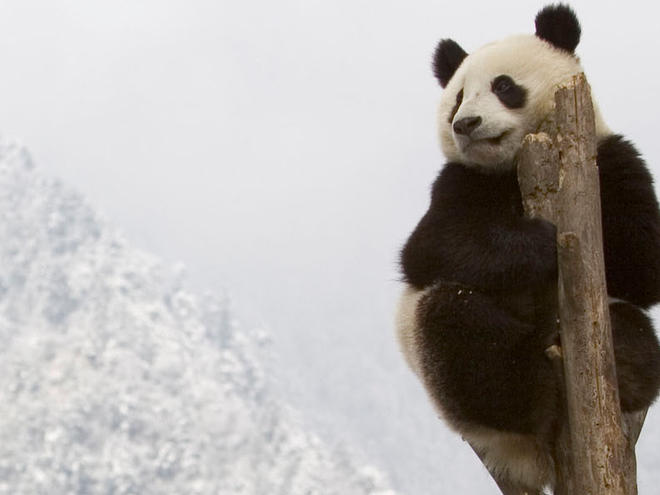
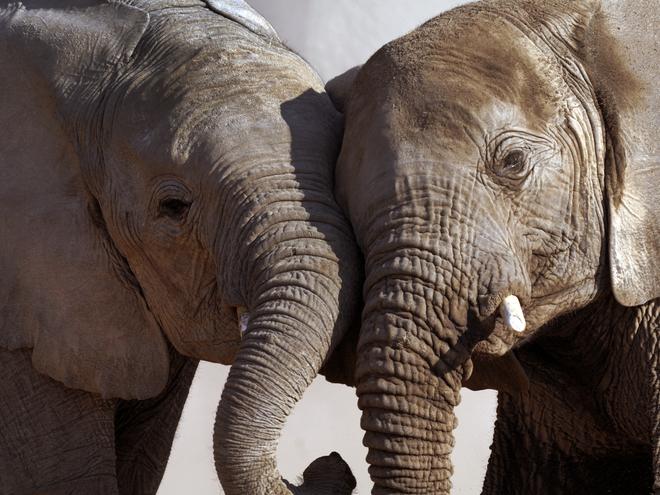
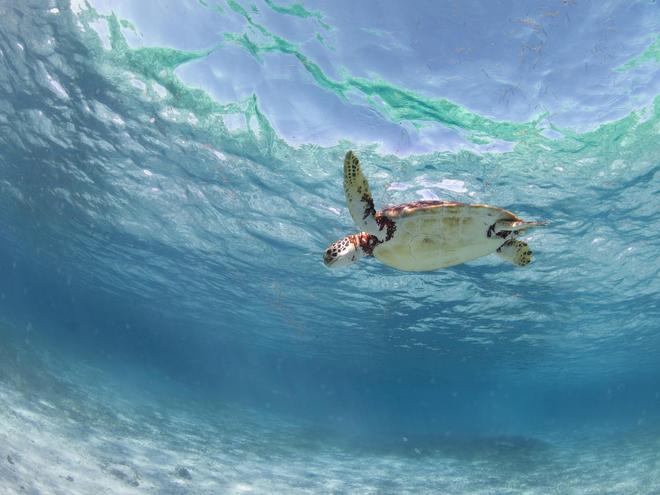
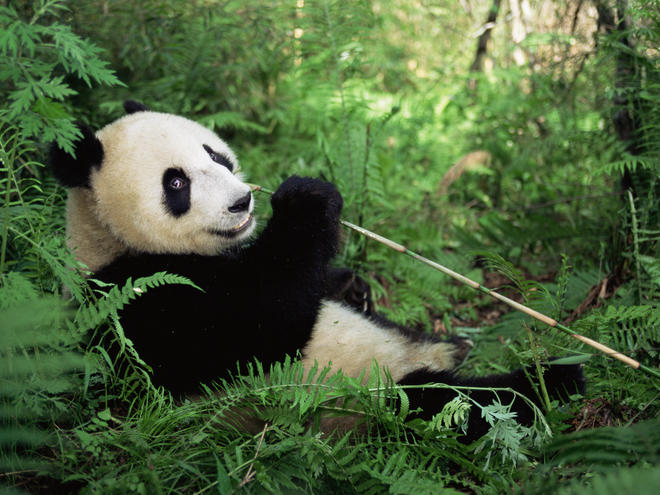
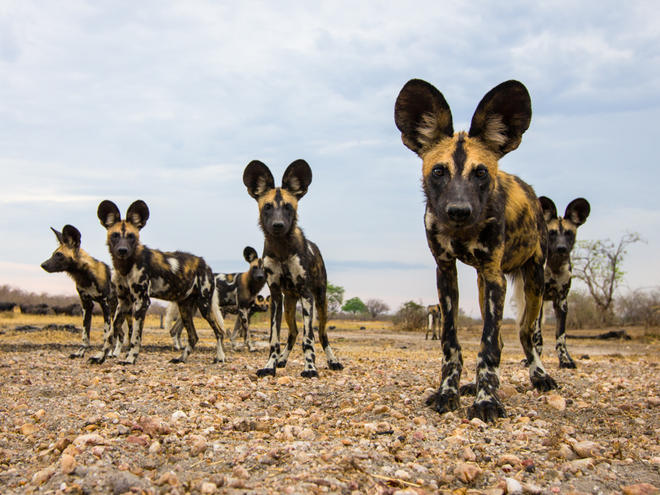
Up to half of plant and animal species in the world’s most naturally rich areas—including the Amazon and the Galápagos—could face extinction by the turn of the century due to climate change if carbon emissions continue to rise unchecked.
A new study examines various climate change scenarios—from 4.5°C rise in global mean temperatures if we don’t cut emissions to a 2°C rise if we meet the upper limit for temperature set in the Paris Agreement—and their impact on nearly 80,000 plant and animal species in 35 of the world’s most diverse and naturally wildlife-rich areas. Researchers selected each area for its uniqueness and the variety of plants and animals found there.
The findings point to an urgent need for action on climate change:
- We’ll see almost 50% species loss in areas studied if global temperatures rise by 4.5°C
- We’ll see less than 25% species loss in areas studied if we limit global temperature rise to 2°C
“Hotter days, longer periods of drought, and more intense storms are becoming the new normal, and species around the world are already feeling the effects,” said Nikhil Advani, lead specialist for climate, communities, and wildlife at WWF. “While we work to ratchet down emissions, it’s critical we also improve our understanding of species response to climate change and develop strategies to help them adapt.”
If wildlife can move freely to new locations, then the risk of extinction in these areas decreases from around 25% to 20%—but only in a scenario in which we keep global mean temperature rise to 2°C. And if species cannot move or evolve, they may not be able to survive.
Impacts of Climate Change on Wildlife
What Can We Do?
The best way to protect against loss of wildlife and plant life is to keep global temperature rise as low as possible. The Paris Agreement pledges to reduce the expected level of global warming from 4.5°C to around 3°C, which reduces the impacts. But we see even greater improvements at 2°C. And if we can limit that even more, to a 1.5°C rise, we could protect even more life.
Although the US government has signaled its intention to withdraw from the Paris Agreement, America’s cities, states, businesses, and others are working with world leaders to turn the promise of that agreement into concrete action through the We Are Still In movement.
In the immediate, WWF is working to better understand how a changing climate impacts wildlife and developing and implementing adaptation solutions. We are assessing various species to determine traits that can make them resilient or vulnerable to changes in climate; crowdsourcing data on climate impacts; and funding projects which have potential to reduce the vulnerability of species to changes in climate through our Wildlife Adaptation Innovation Fund.
WWF hopes to use lessons learned from this research and testing to provide useful guidance that moves conservation beyond business-as-usual approaches and scale up promising efforts to help wildlife endure under conditions of rapid change.
The faster and more effectively we act, the better chance we have of saving invaluable species around the world in the face of climate change.
Read the study, completed by the University of East Anglia, the James Cook University, and WWF.
Published March 13, 2018 at 05:00AM
No comments:
Post a Comment